.
.
Earthwatch at School:
Fully-Funded Virtual Education Opportunity for a Boston Public or Charter School
Applications are reviewed on a rolling basis for programming in February and/or March 2023.
Thanks to generous support from the Sanofi Genzyme and the Eastern Bank Foundation, Earthwatch is excited to offer one Boston high school the fully-funded opportunity to engage in a virtual climate change education program in 2023: Earthwatch at School.
This 4-part course is intended to supplement your virtual or in-person science curriculum. It features exclusive presentations and “live” Q&As with leading Earthwatch scientists from around the world as well as a hands-on citizen science project for your students to engage in at home, at school, or in their communities. By connecting students directly to research scientists, engaging them in hands-on scientific field research, and providing in-depth education on multiple climate change-related topics, the course is designed to strengthen STEM education in Boston public and charter schools.
.
Eligibility Requirements
To qualify for this opportunity, your school must meet the following requirements:
- A public or charter high school based in Boston
- Has an economically disadvantaged student population ((Massachusetts Department of Education defines an economically disadvantaged student as: a student who participates in one or more of the following state-administered programs: the Supplemental Nutrition Assistance Program (SNAP); the Transitional Assistance for Families with Dependent Children (TAFDC); the Department of Children and Families' (DCF) foster care program; and MassHealth (Medicaid).”).
- Has a diverse student body. Reviewers will consider the school’s Racial Diversity Index when choosing applicants.
.
.
Application Deadline: Priority Applications for Earthwatch at School are due December 14, 2022, and rolling thereafter until filled.
Please contact us at info@earthwatch.org with any questions.
.
.
Course Overview
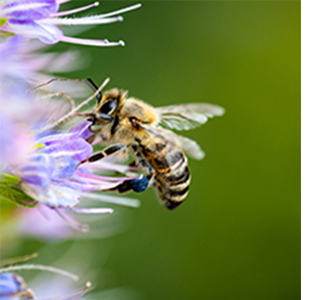 This course involves four “live”, virtual classes that meet weekly for up to 90 minutes per class. Each class is led by an environmental educator and includes presentations from one or more of our leading scientists conducting climate change research around the world, followed by live Q&As and discussions with the scientists. The course will also include guided “offline” participation in an Earthwatch citizen science project that aims to reduce the decline of pollinators around the world. You’ll receive a variety of learning resources and training materials to guide class discussions and help you get the most out of your climate change exploration.
This course involves four “live”, virtual classes that meet weekly for up to 90 minutes per class. Each class is led by an environmental educator and includes presentations from one or more of our leading scientists conducting climate change research around the world, followed by live Q&As and discussions with the scientists. The course will also include guided “offline” participation in an Earthwatch citizen science project that aims to reduce the decline of pollinators around the world. You’ll receive a variety of learning resources and training materials to guide class discussions and help you get the most out of your climate change exploration.
Learn from climate scientists, contribute directly to climate research, and get inspired to create real change in your community.
.
.
Syllabus
.
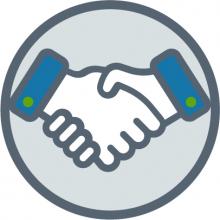
Class 1
After an introduction to your classmates and a brief overview of the next four weeks, Earthwatch scientists will explain the key drivers of climate change and what the latest research tells us.
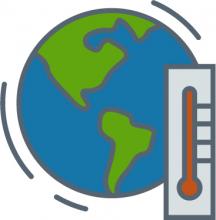
Class 2
Through guided learning exercises, scientist presentations, and class discussions, you’ll learn about the impacts of climate change on our natural world.
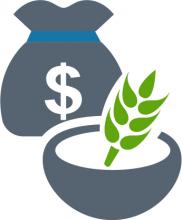
Class 3
This class will focus on connections between climate change and communities around the world. Earthwatch scientists will guide a discussion and provide insight about how climate change affects different areas of society.
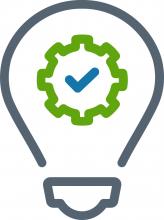
Class 4
Discuss climate change solutions, such as green infrastructure, and individual actions that you can take to combat this crisis. Create a personal action plan and learn how to reduce your carbon footprint.
Sign up for the Earthwatch Newsletter
Be the first to know about new expeditions, stories from the field, and exciting Earthwatch news.
.
.
.